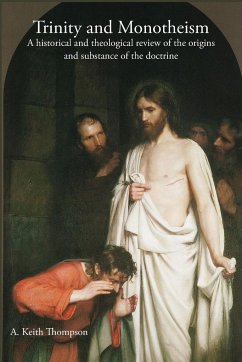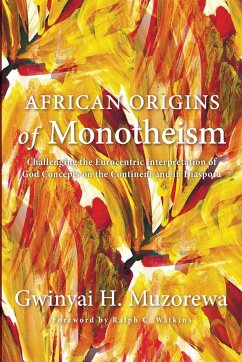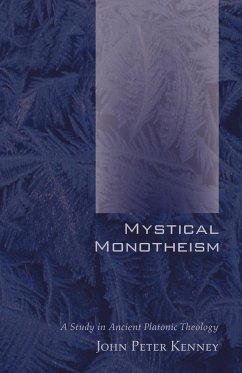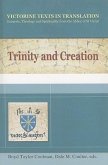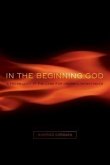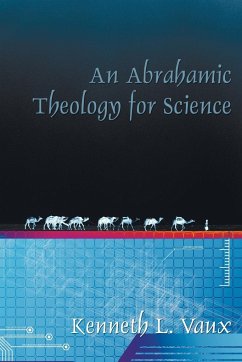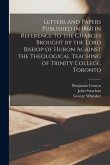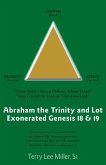This book traces the idea of monotheism from Egypt in the 13th century B.C., through Israel's Divine Council down into Greek and Roman times when the rabbis were trying to protect their sacred religion from confusion with the god pantheons of those empires. The book identifies Jewish criticism of heretical Christian polytheism as the watershed which the Trinity doctrine was developed to answer. The Trinity doctrine is then traced through the Nicene Council in 325 A.D., the schism between East and West and into Anglican Archbishop Thomas Cranmer's innovation of a God "without body, parts or passions" in 1553. The book ends with a brief discussion of the Christology of the Unitarian, LDS and Jehovah's Witness faiths and concludes that as intended, 'Constantine's Creed' accommodates differences in Christian belief because he wanted to use that faith as the glue that would hold his Empire together.
Hinweis: Dieser Artikel kann nur an eine deutsche Lieferadresse ausgeliefert werden.
Hinweis: Dieser Artikel kann nur an eine deutsche Lieferadresse ausgeliefert werden.

